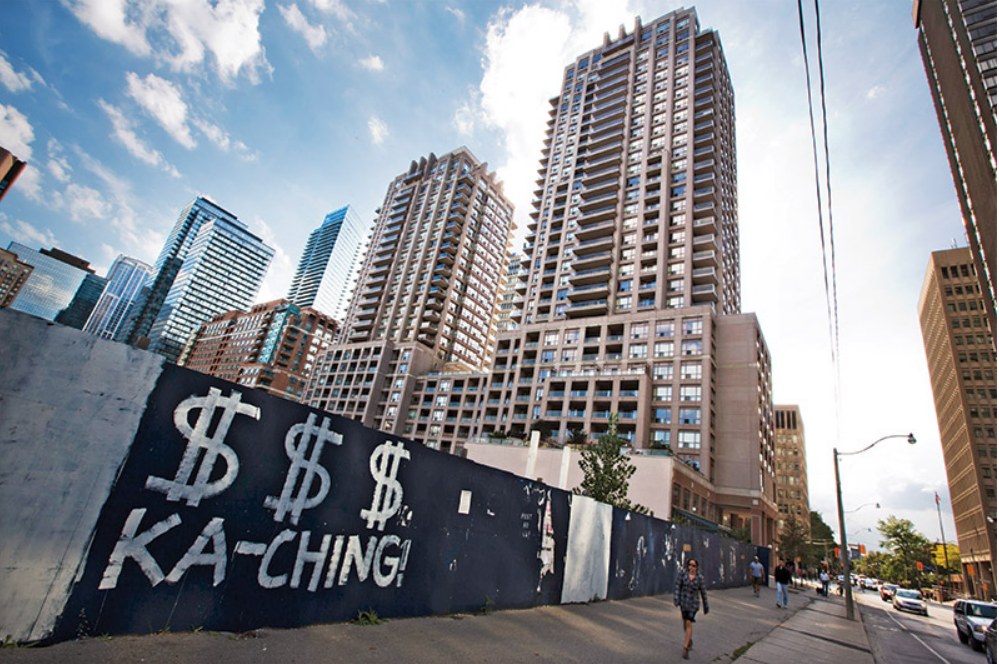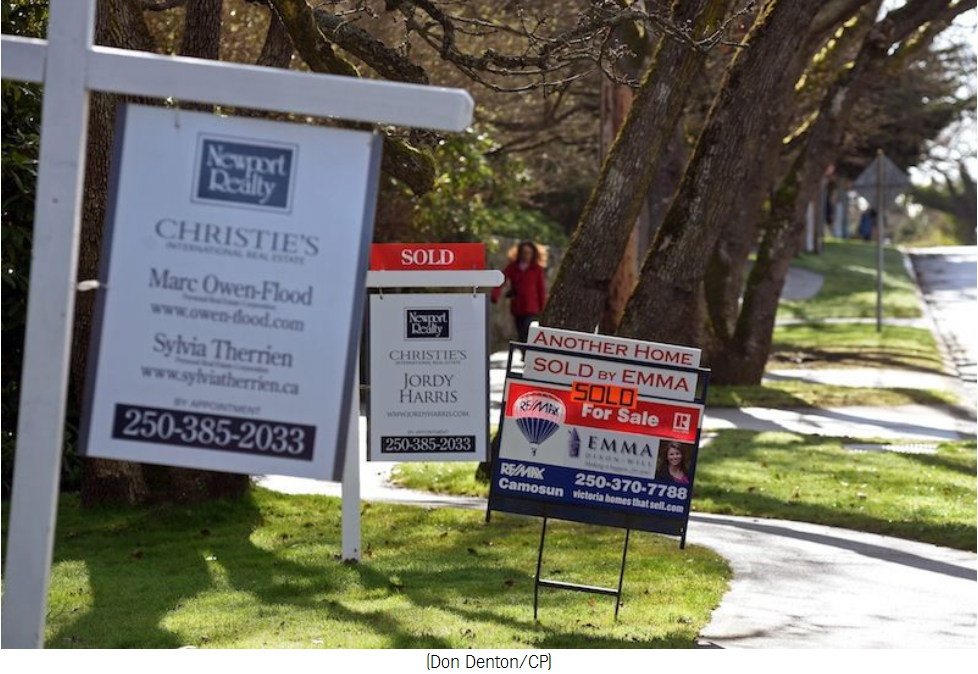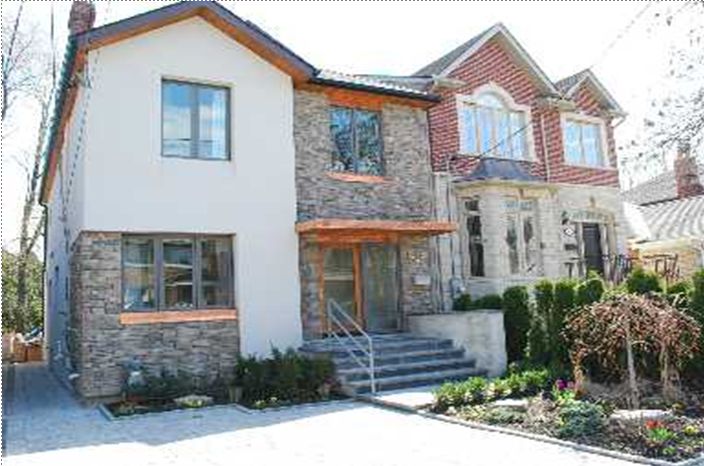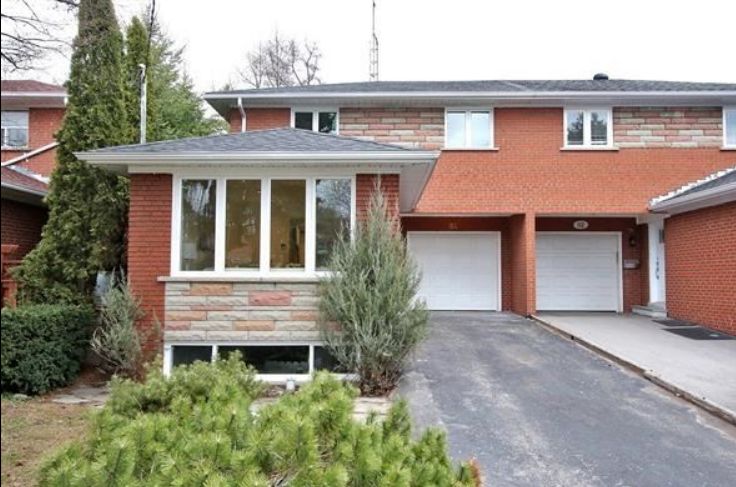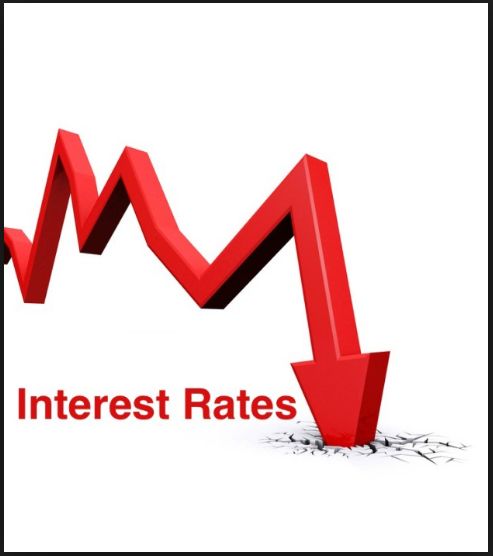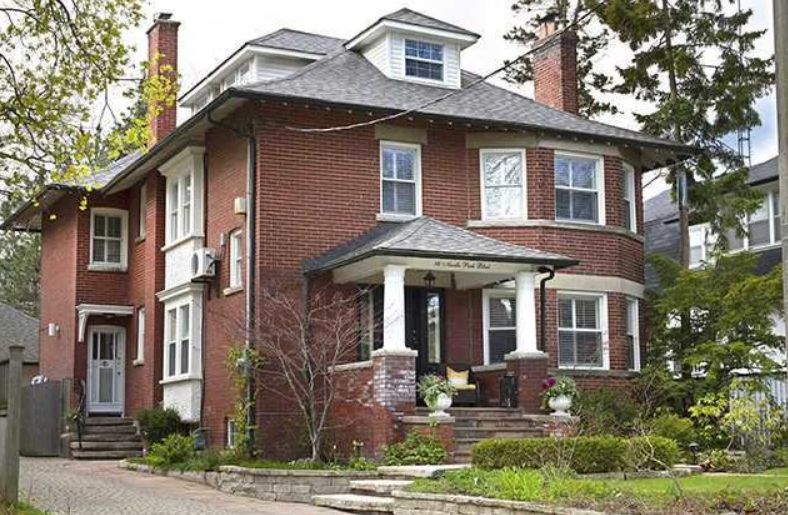It turns out that even the well-off need help in a housing market as crazy as the one in the San Francisco Bay area, and lenders are elbowing each other in a rush to provide it.
They’re courting Silicon Valley workers with tailored loans, guaranteed 24-hour approval and financial-planning services. Social Finance Inc. has deals with Google and other top technology companies that allow it to market to new hires. First Republic Bank — which gave Facebook Inc. billionaire Mark Zuckerberg a 1.05 per cent interest-rate mortgage — has opened branches in Facebook and Twitter Inc. headquarters.
San Francisco Federal Credit Union will finance 100 per cent of houses costing up to US$2 million.
Michael Tannenbaum, senior vice president of SoFi’s mortgage group, calls it “white-glove service.” Lenders often give special treatment to the wealthy, of course, but the tech industry has created a particularly ripe crop of clients who are rich or on their way. It’s a smart bet to cater to a sector that’s created thousands of millionaires and dozens of billionaires, says Glenn Kelman, chief executive officer of the brokerage Redfin.
The downside is that the most expensive U.S. housing region is becoming “a no-fly zone for anyone outside technology,” especially with so many people shut out altogether by tight credit standards imposed after the 2008 real-estate crash.
What’s going on “might be good for the borrower and good for the lender,” he says, “but it’s not necessarily good for San Francisco.”
‘Substantial’ Incomes
San Francisco’s median home value is US$1.13 million, up almost 67 per cent since 2011, and the numbers are higher in some nearby towns — US$6.36 million in Atherton, according to Zillow Group Inc., and US$4.12 million in Hillsborough.
Nick Merz knows how tough it can be. He’s a 41-year-old product designer at Apple Inc. whose wife also works there, and says they couldn’t figure out if they could afford to own a place anywhere near the company’s offices in Cupertino, where the median value is US$1.8 million.
One reason: Almost half of their compensation packages are in Apple shares. So their lender, Opes Advisors, assigned the couple a financial adviser who used a software program to factor in debts and future income, including the stock, and the costs of education over the years for two young children.
‘Scary Market’
The result? No problem. They could buy in the range they were looking without jeopardizing their finances. “In a weird housing market, in a place where a lot of assets are not liquid, it helps to have their kind of modelling,” Merz says. “They’re catering to people scared by this scary real estate market.”
For many, it’s not home values that keep them in rentals but alarming down payments, which can be more than the cost of the average U.S. house: US$187,000. That’s where San Francisco Federal Credit Union comes in. It started offering zero-down loans in December to people who work in San Francisco or San Mateo County. The credit union has more than US$100 million pre-approved for 30-year adjustable-rate mortgages in what’s called the Proud Ownership Purchase Program for You.
As the tech boom starts to show signs of cracks, there’s some concern that high loan-to-value mortgages are dangerous. Silicon Valley venture-capital funding fell 20 per cent in the second quarter from a year earlier, according to a report by PricewaterhouseCoopers and the National Venture Capital Association. New companies are staying private longer, leaving fewer options for shareholders to cash out.
The median San Francisco condo price rose less than 1 per cent in the second quarter after an 18 per cent increase a year earlier, data from Paragon Real Estate Group show. Inventories of condos listed at US$2 million or more jumped 44 per cent — but the number sold fell 30 per cent.
“Lenders get so caught up trying to stay competitive and finding a market edge, they basically allow greed to overcome common sense,” says Terry Wakefield, a mortgage consultant who co-founded one of the first online direct lenders in 1998. “Easy money does fuel and accelerate the inevitable bubble.”
And the notion of 100-per cent financing makes some in the industry nervous. “Given what we went through in 2008, zero-down financing is suicidal for our country,” says Chuck Green, CEO of Bay Area Captial Funding Inc., a mortgage brokerage that offers loans from about 40 different companies. “We have to learn from our mistakes.”
‘Clients For Life’
For its part, San Francisco Federal Credit Union sees the gamble as manageable. Four in 10 applicants are rejected and those that have gotten loans have an average FICO score of 747 and average household income of US$219,000, says Rebecca Reynolds Lytle, chief lending officer. “We are vetting our borrowers to make sure they can afford it and have reserves.” But in the end “it’s a loan — it’s not going to be risk free.”
Read the full post in Financial Post



